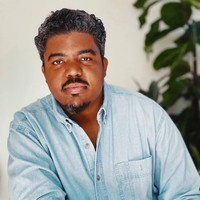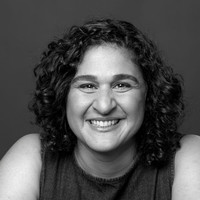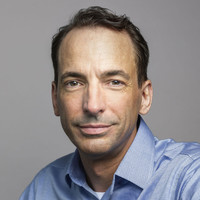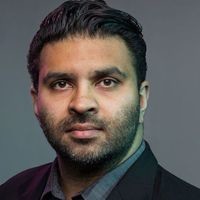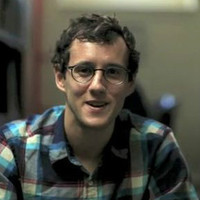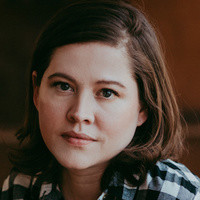Birth of an MTV Nation
An oral history.
Tom Freston: We knew we needed a real signature piece that would look different from everything else on TV. We also knew that we had no money. So we went to NASA and got the man-on-the-moon footage, which is public domain. We put our logo on the flag and some music under it. We thought that was sort of a rock ’n’ roll attitude: “Let’s take man’s greatest moment technologically, and rip it off.”




